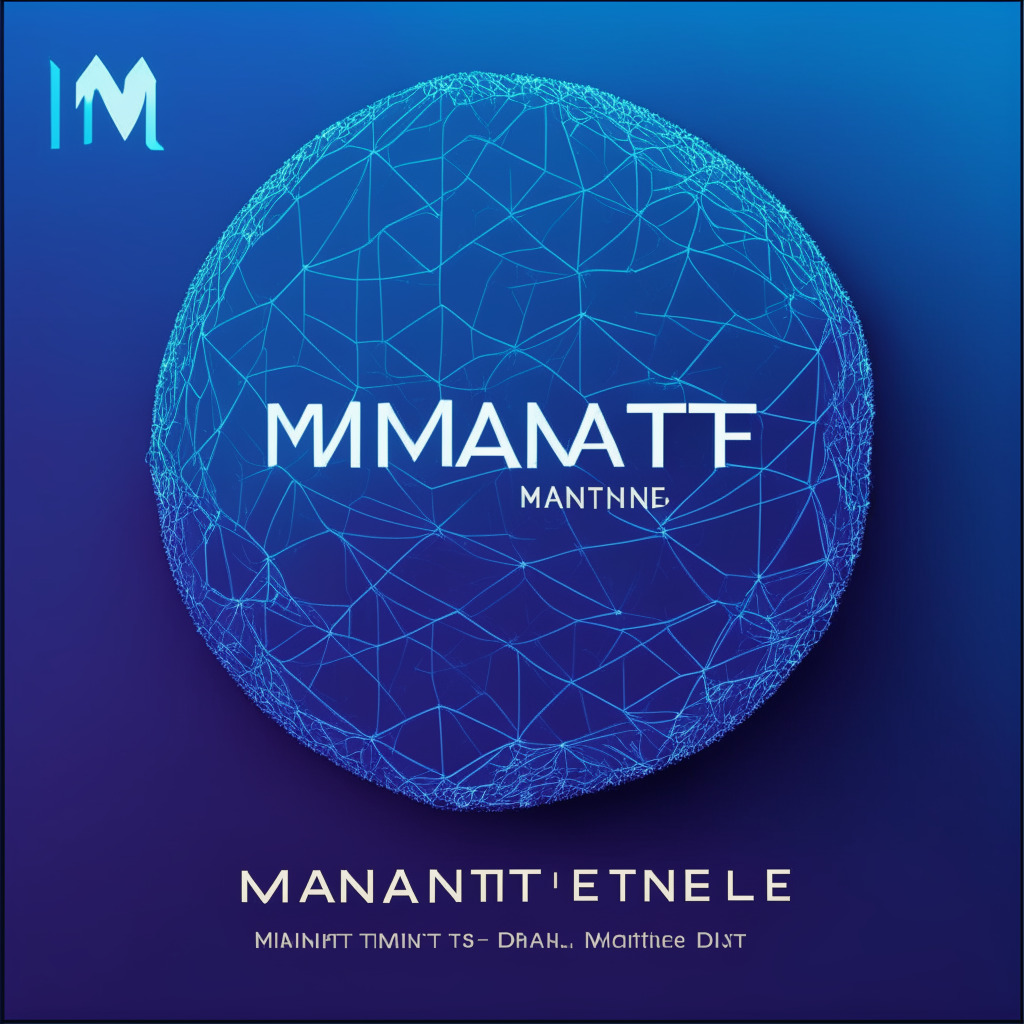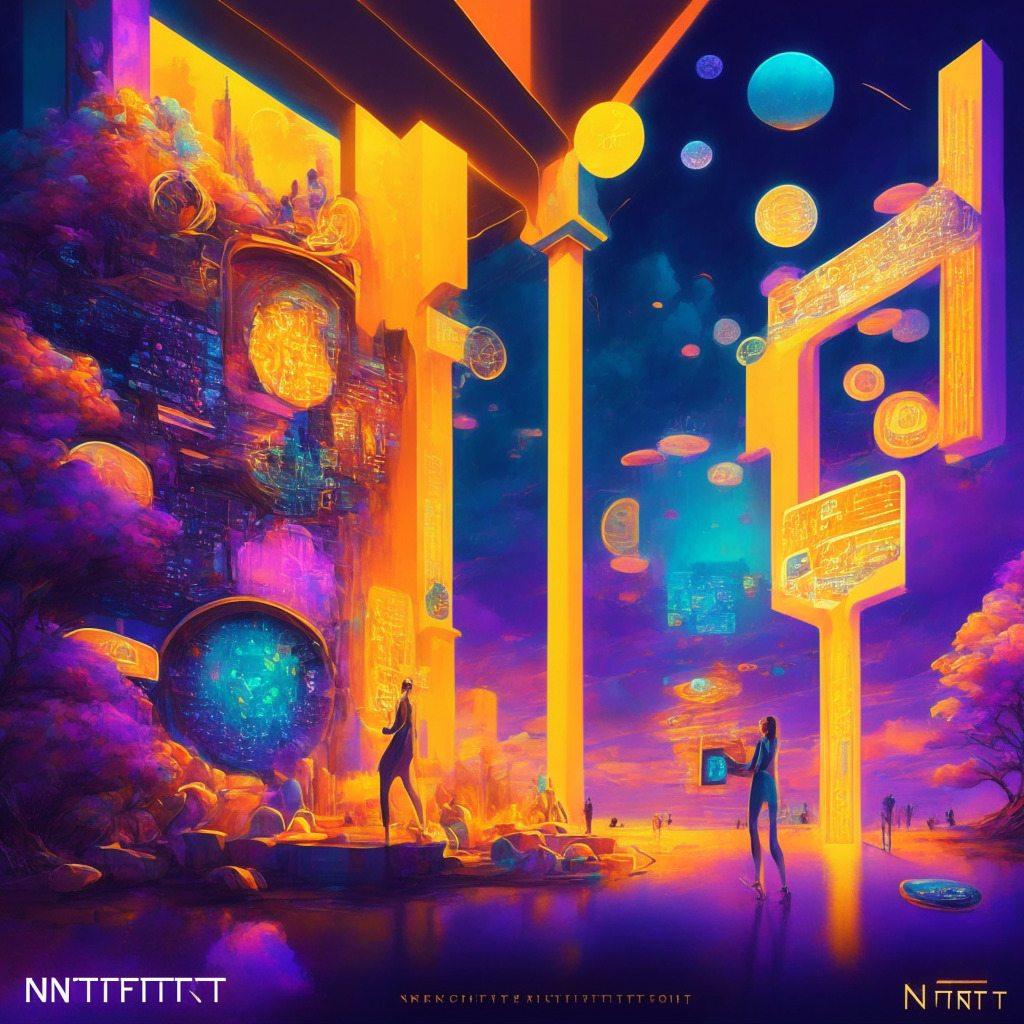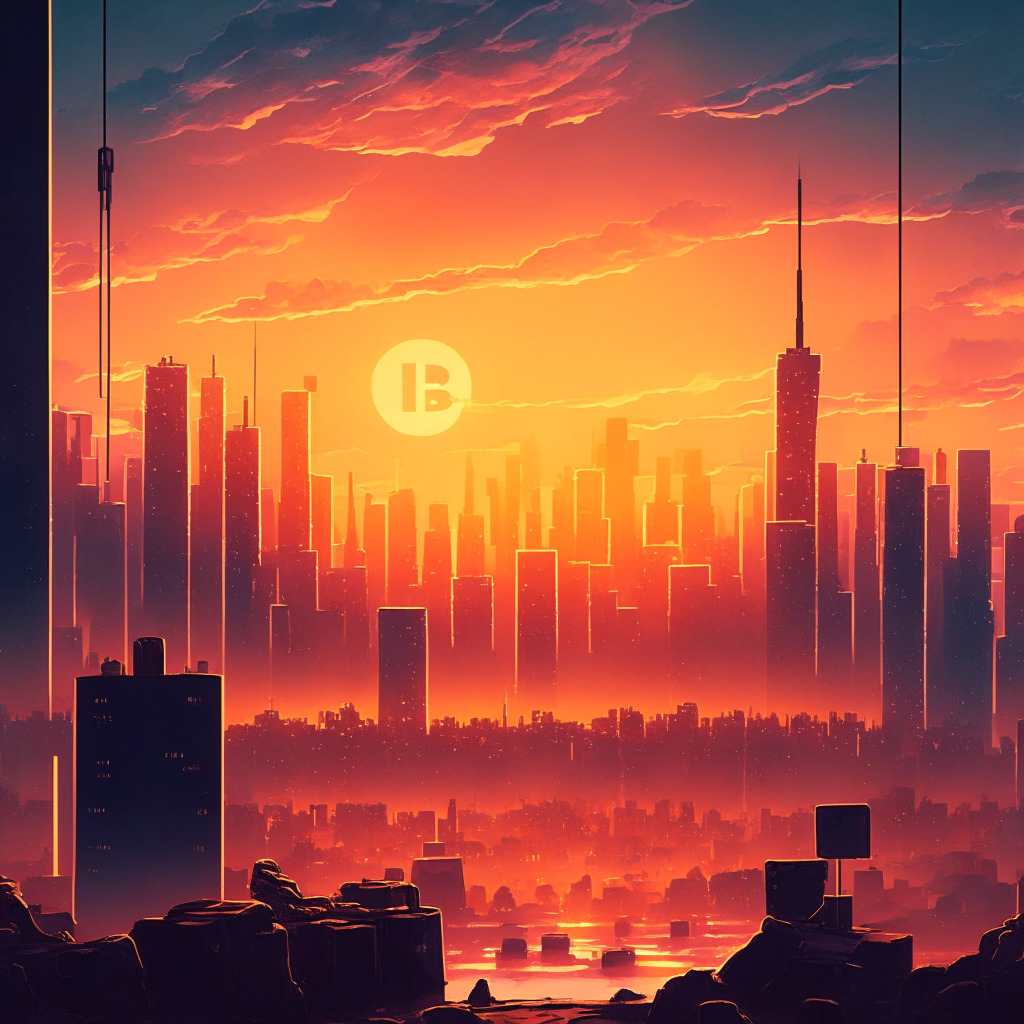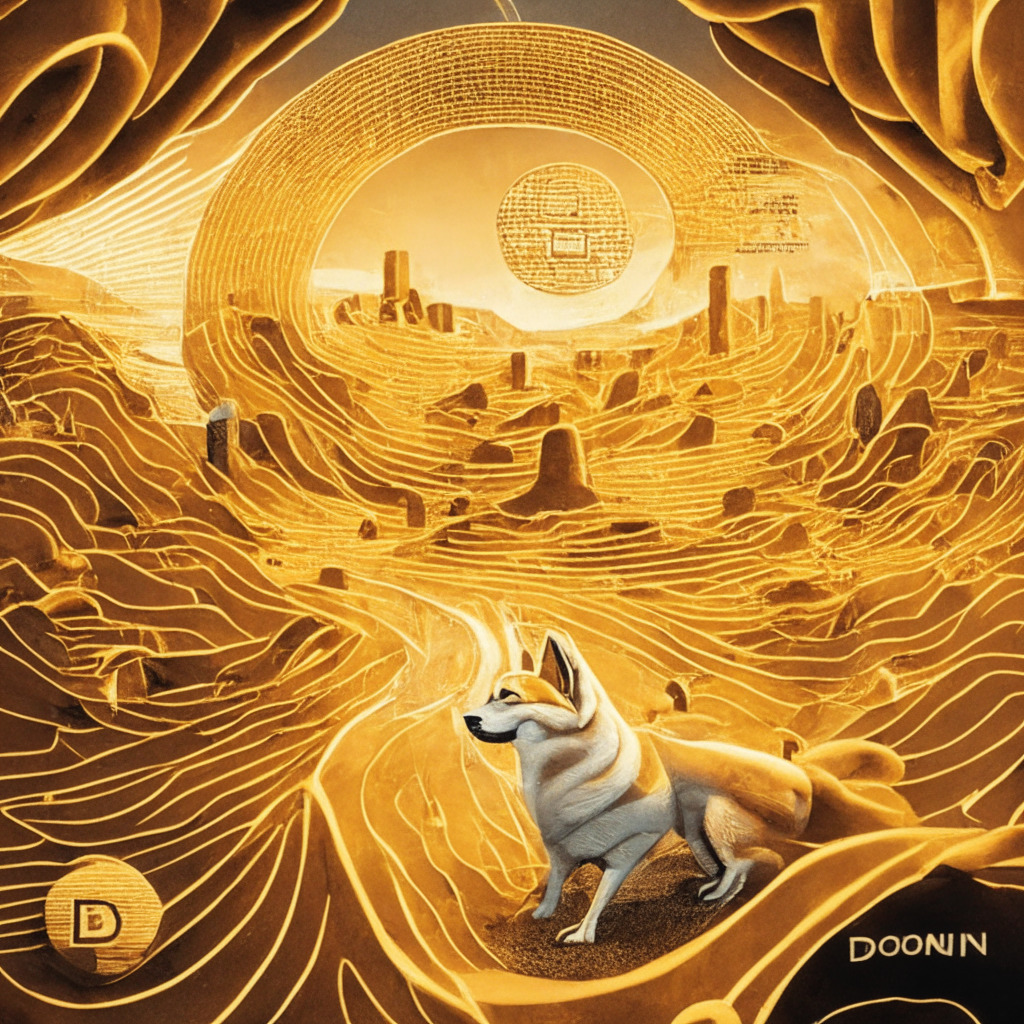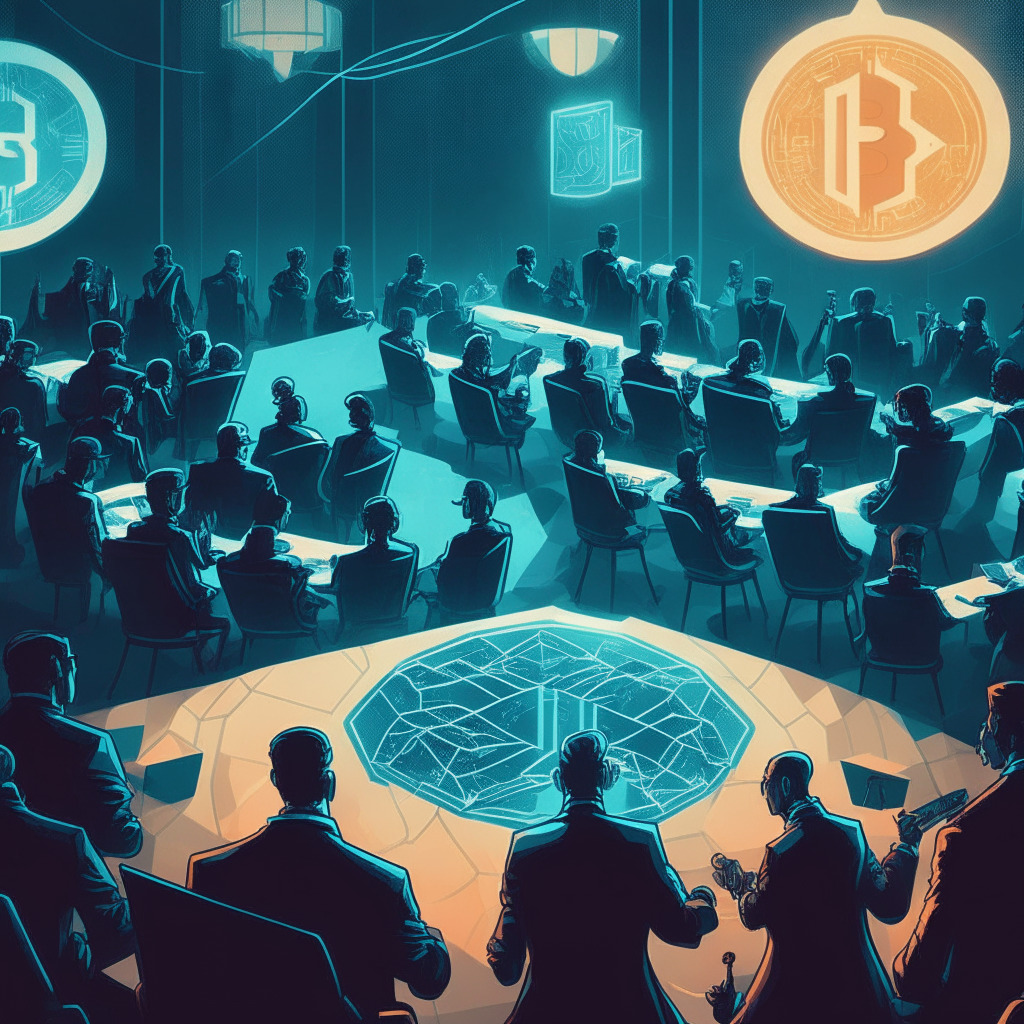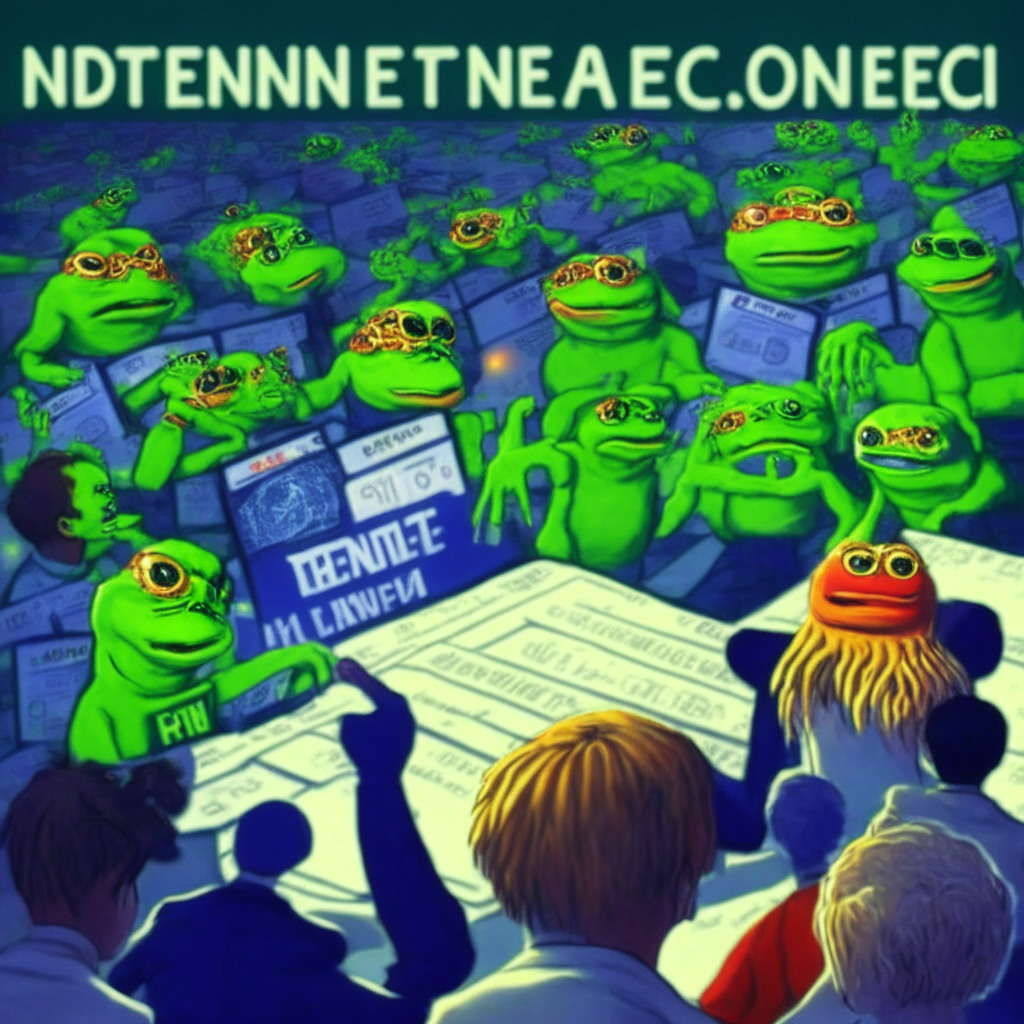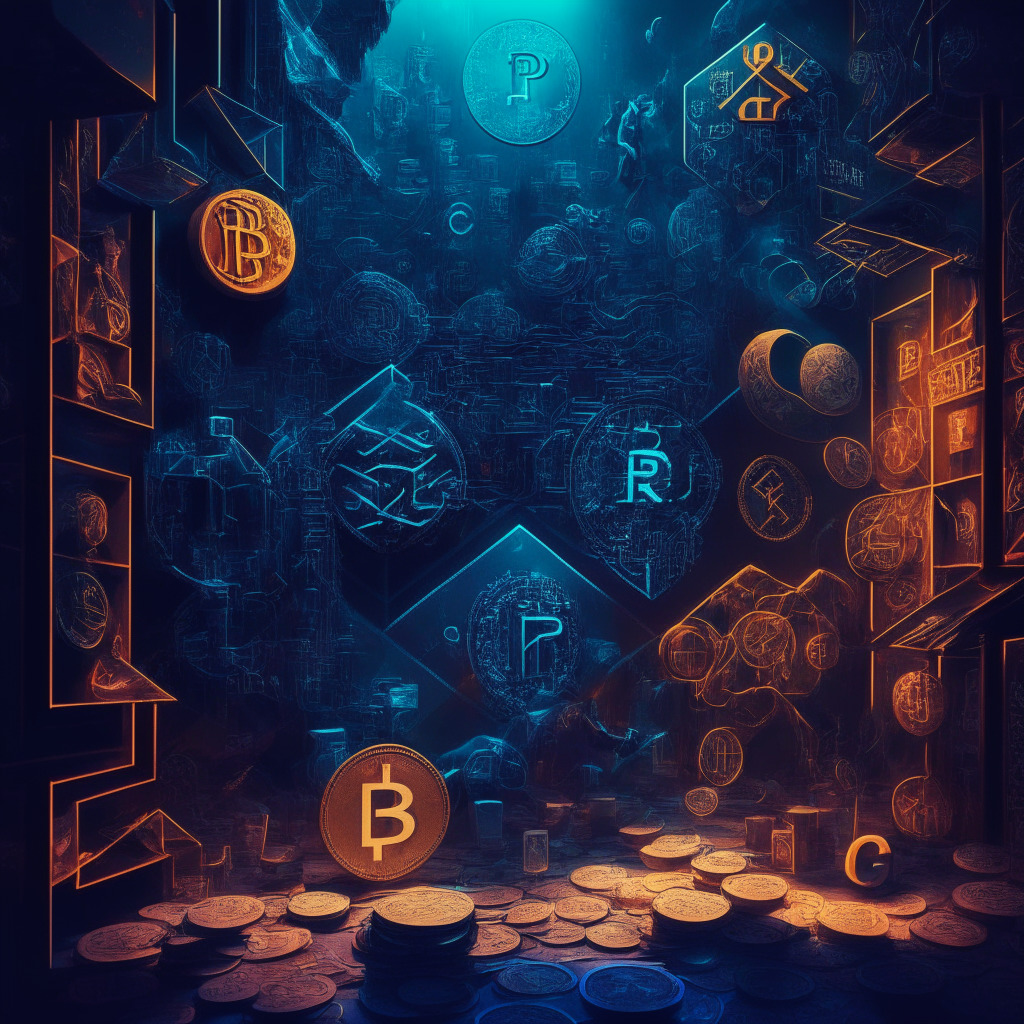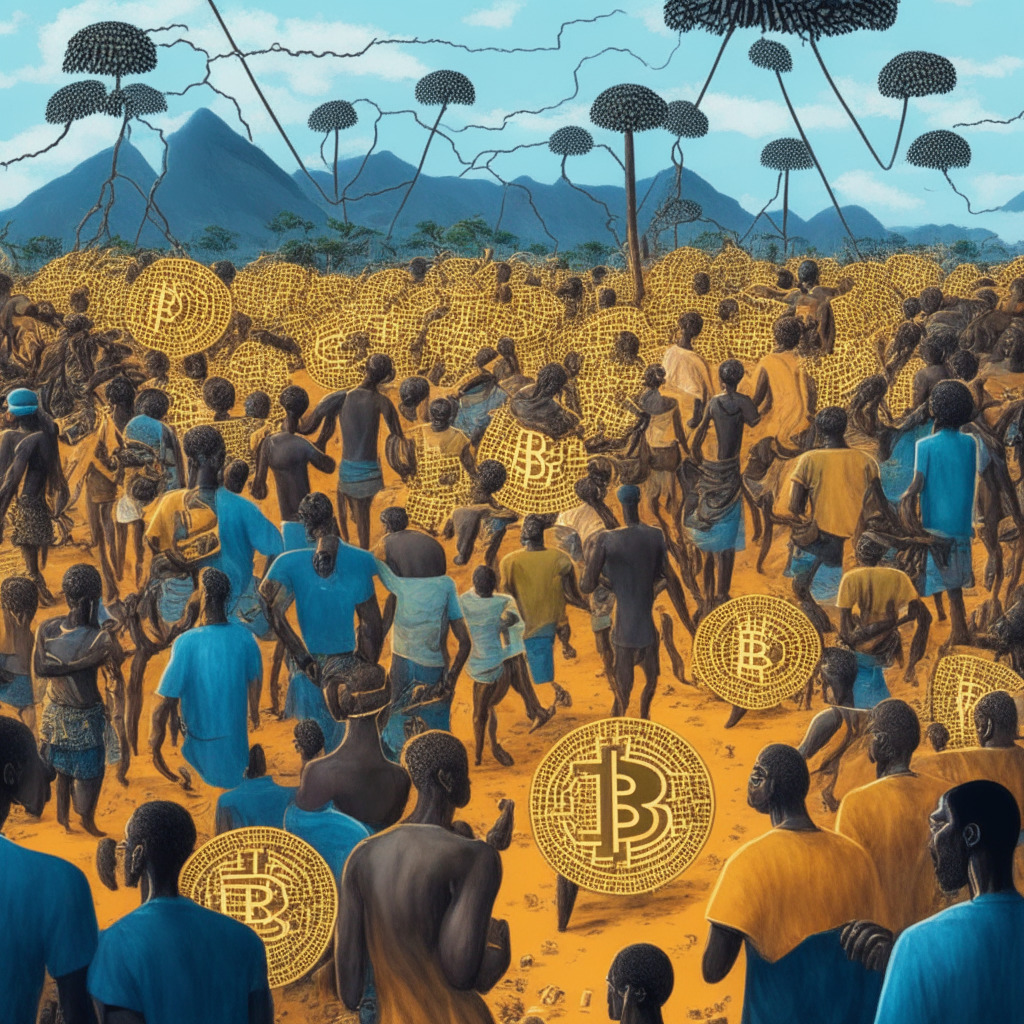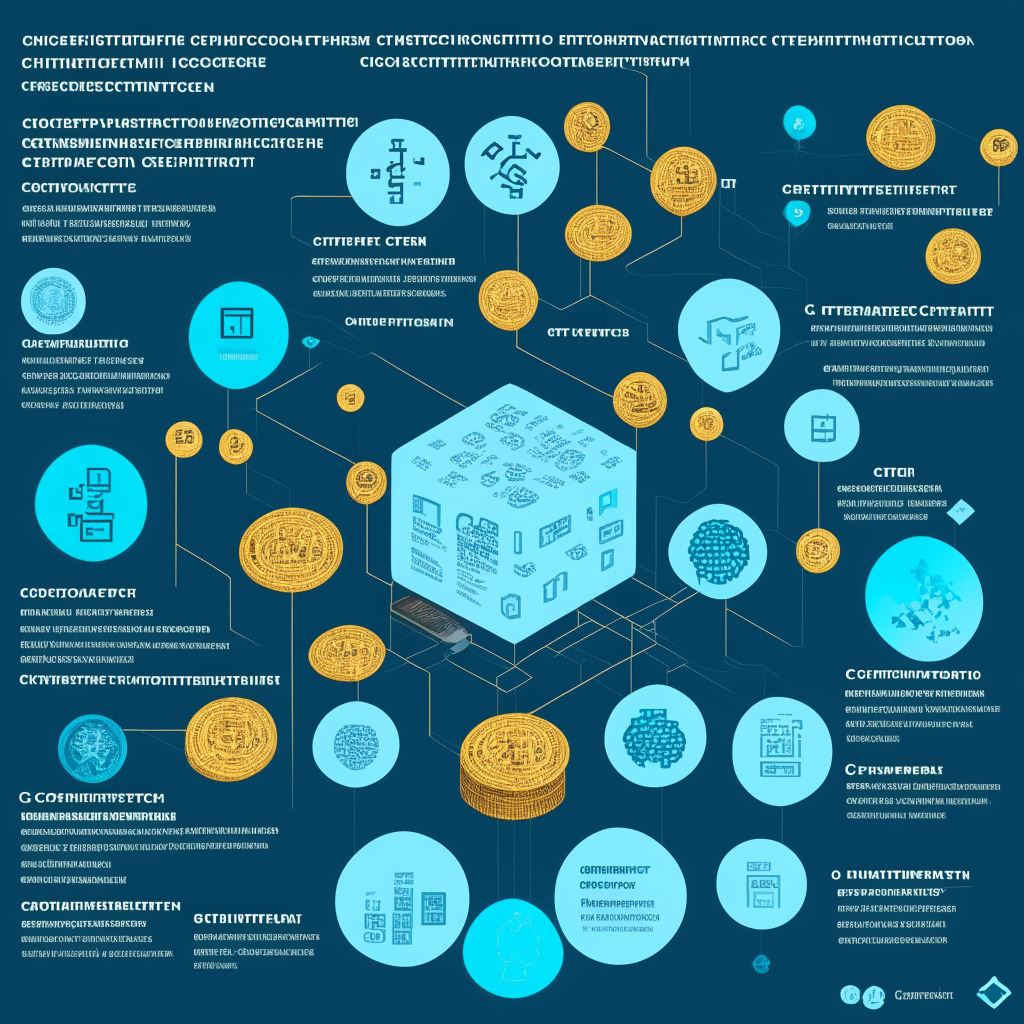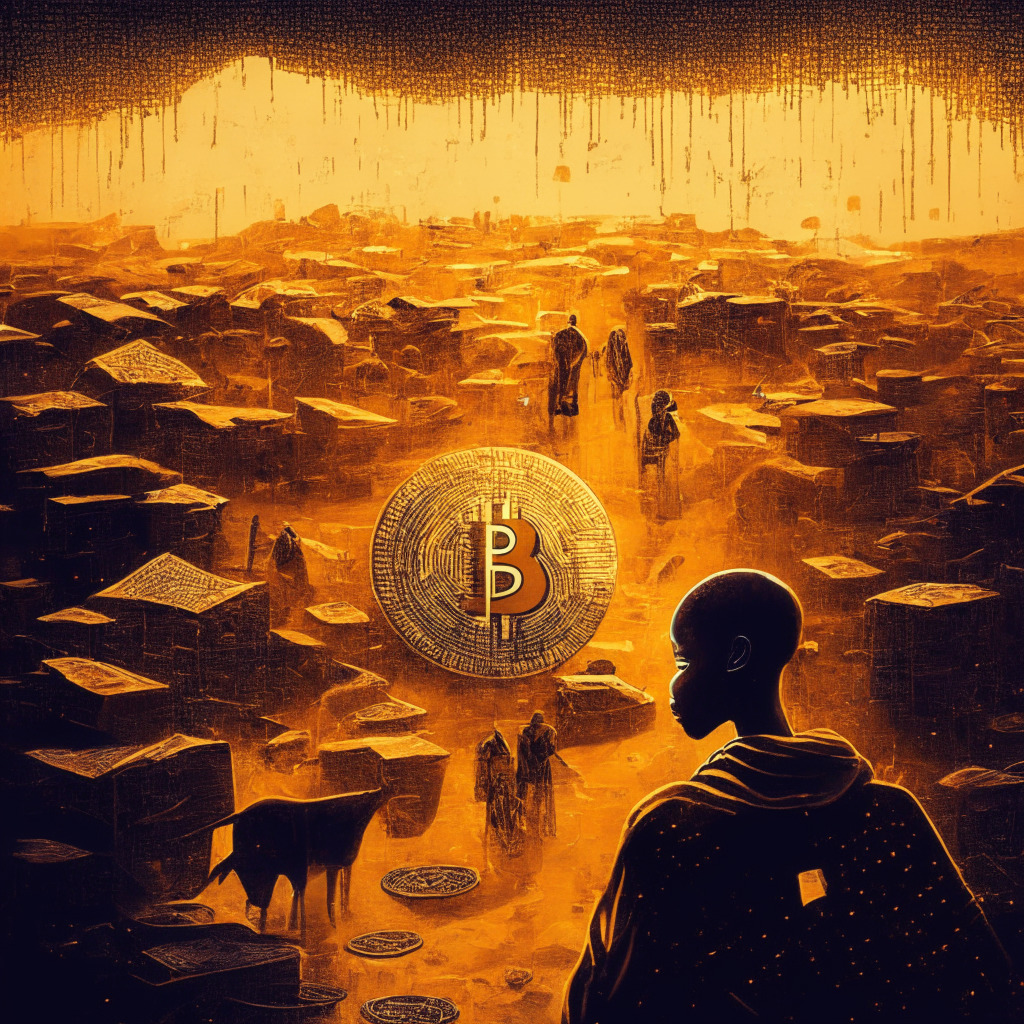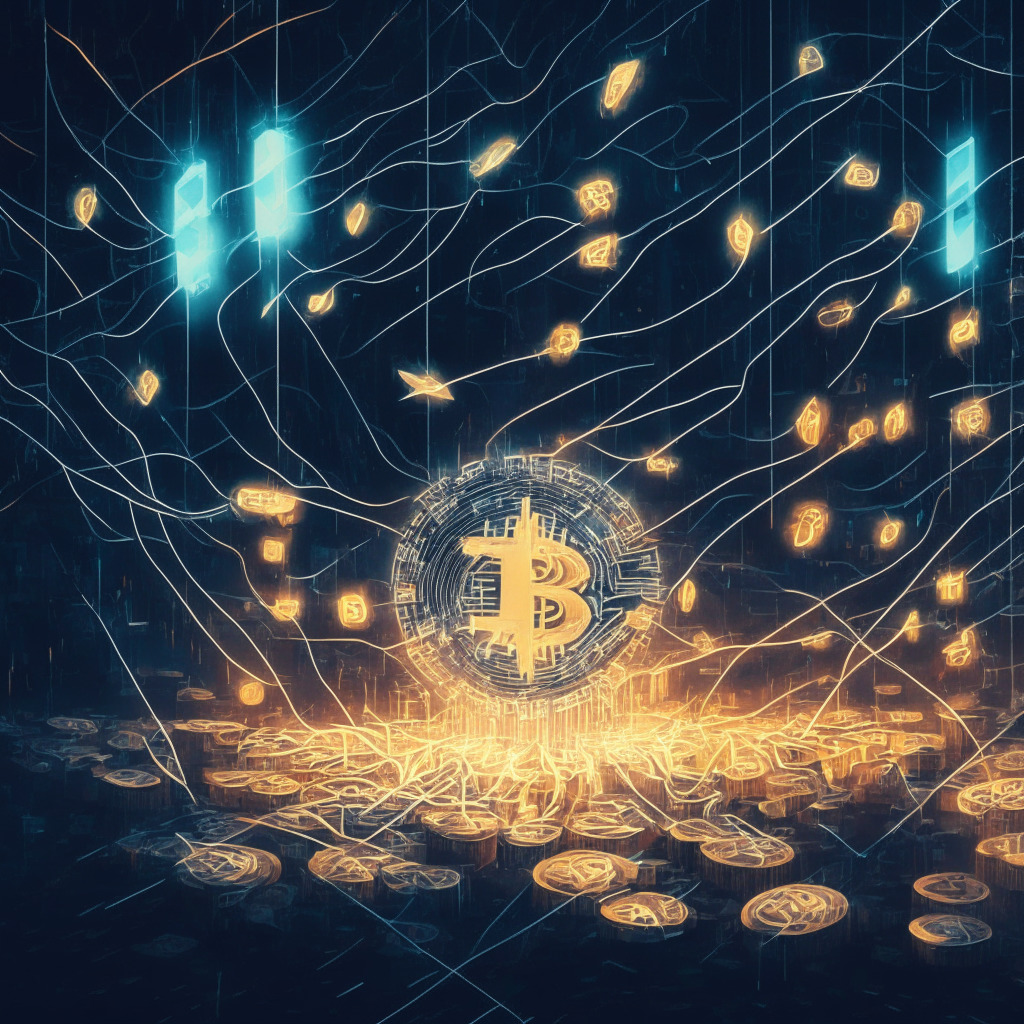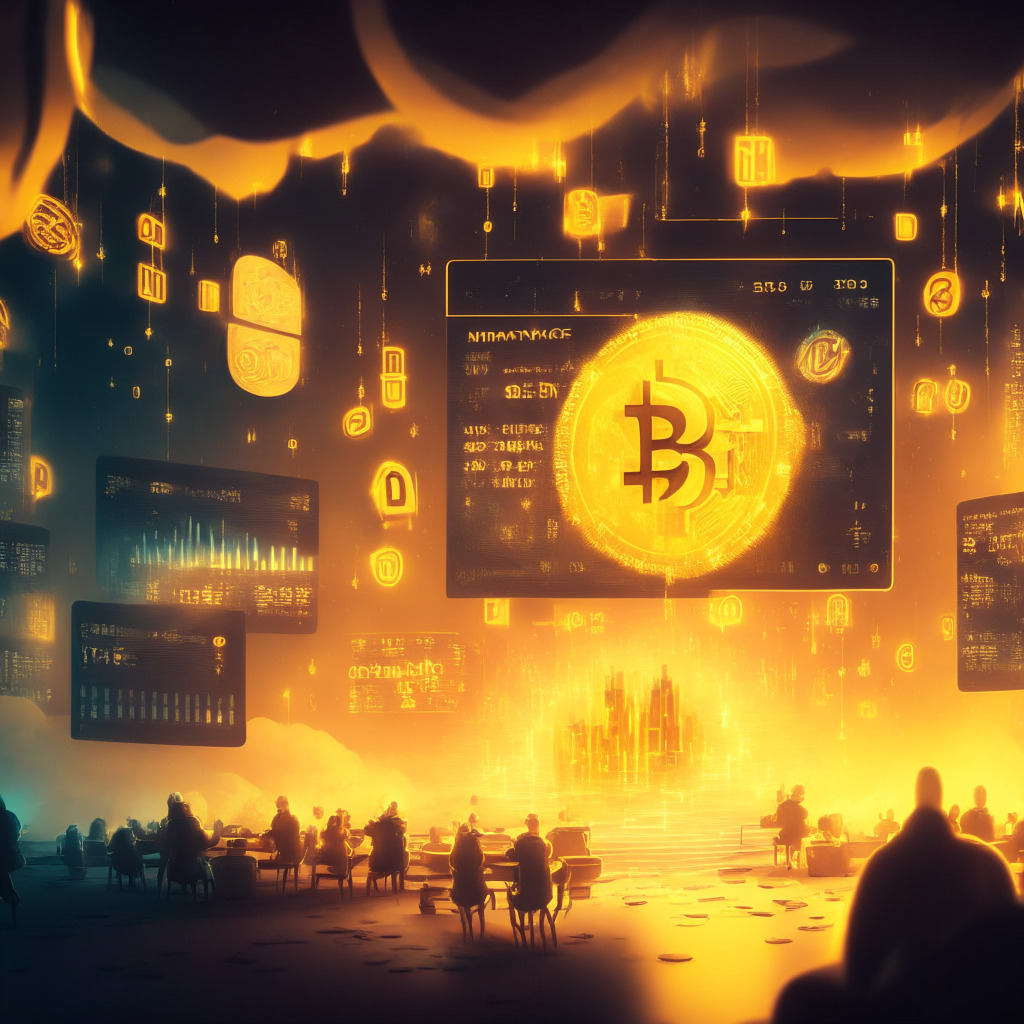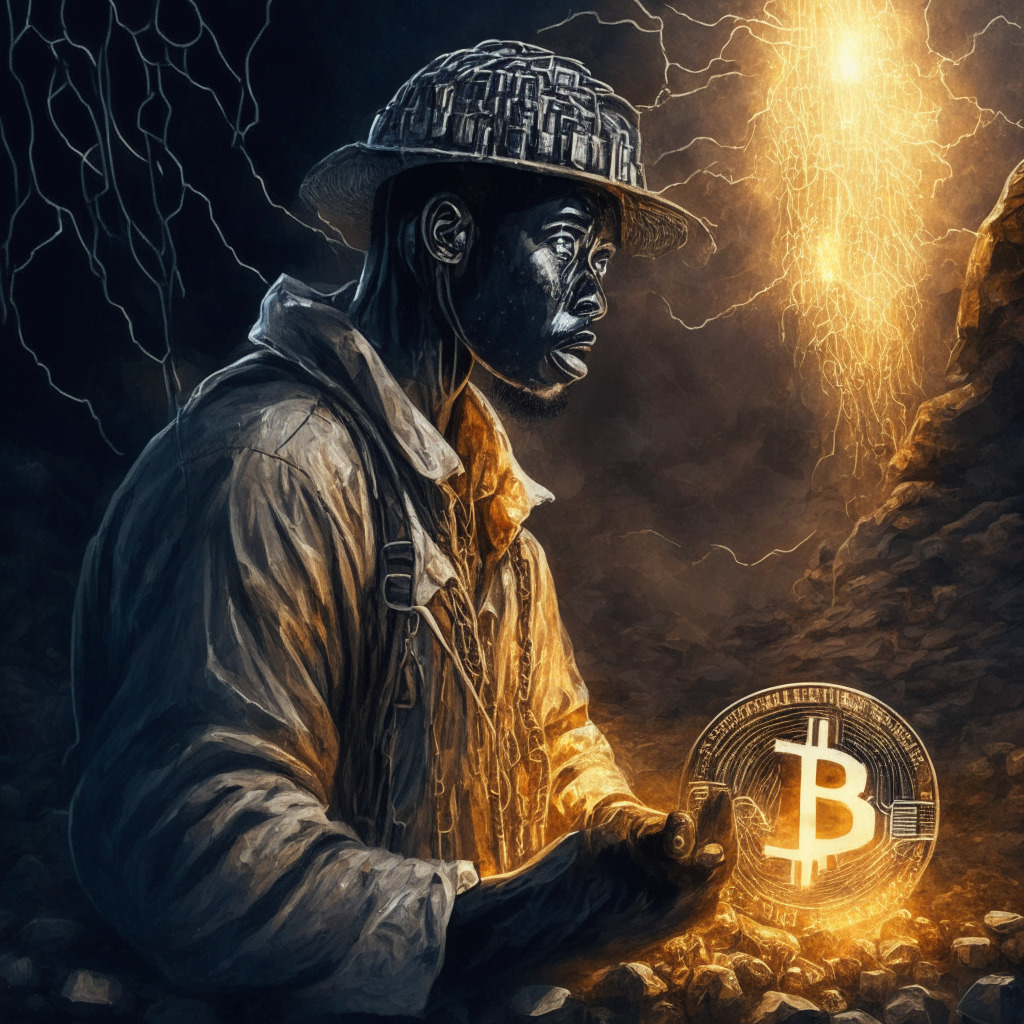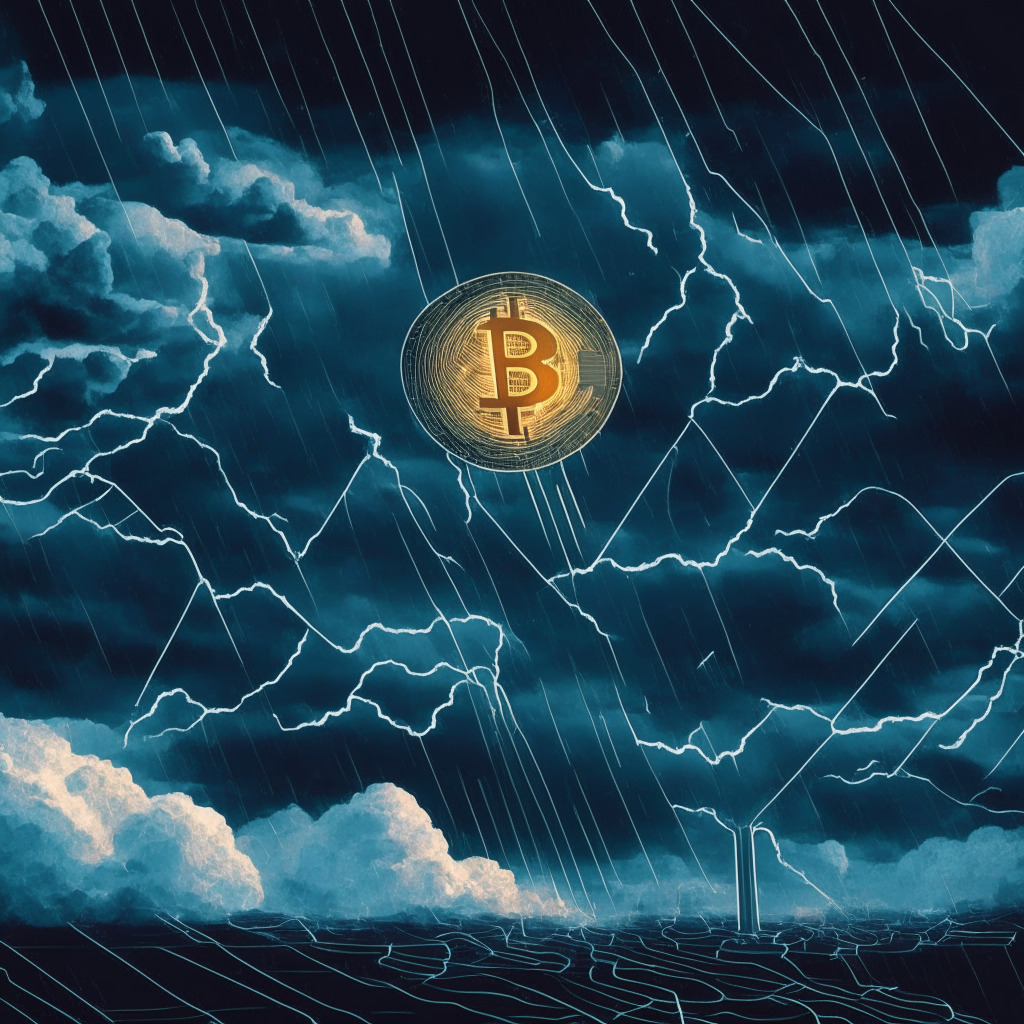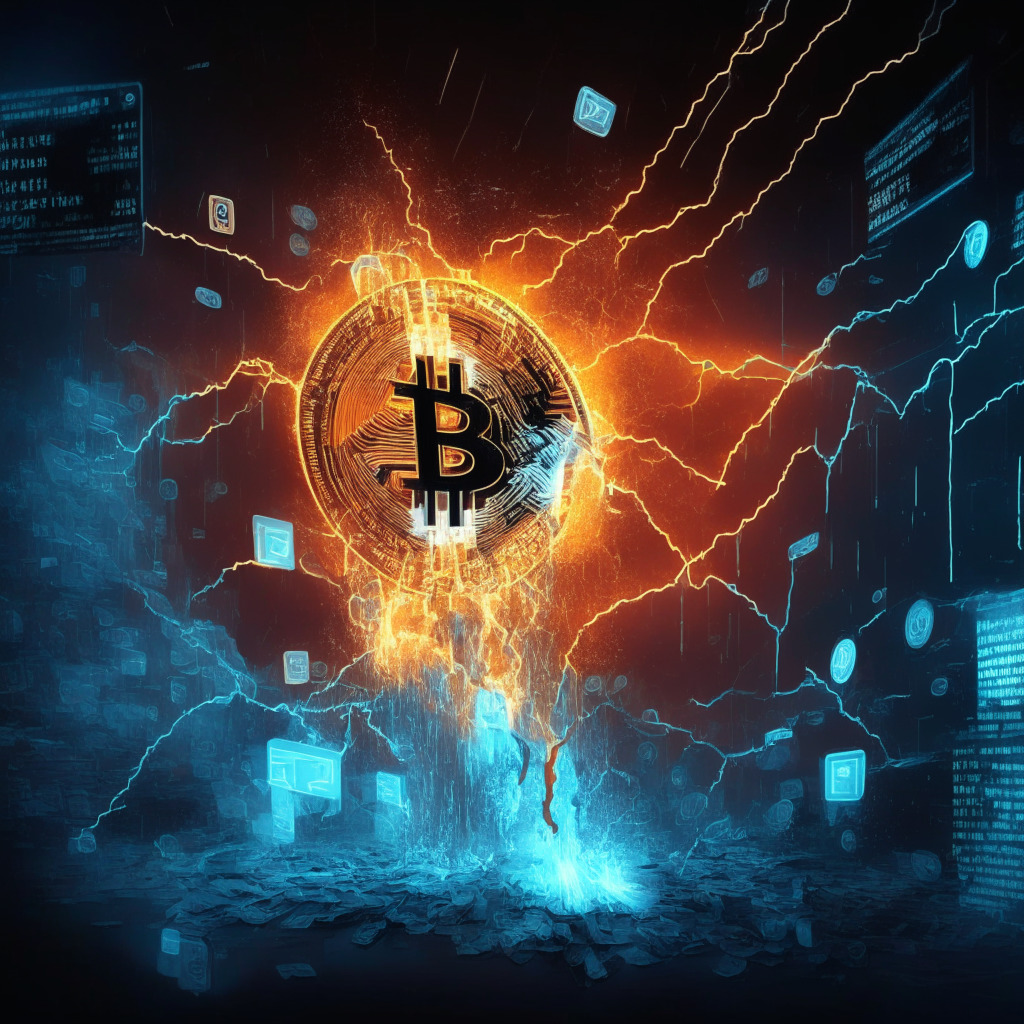Shibarium network’s native test network, Puppynet, crossed 10 million transactions ahead of the mainnet launch, focusing on metaverse and gaming applications. Shibarium aims to provide an affordable settlement platform for decentralized applications and implement a token burn mechanism for SHIB tokens.
Search Results for: Base network
Bitcoin NFTs Soar in Popularity: Innovation or Threat to Network Stability?
Bitcoin NFTs have generated approximately $167 million in revenue within the past thirty days, soaring to second place in NFT sales per blockchain. The rapid ascent is attributed to the Ordinals Protocol, which allows inscribing satoshis with data. Critics argue that NFTs may compromise Bitcoin’s core principles, while others see new pathways for adoption. The flourishing popularity of Bitcoin-based NFTs presents a study in balancing innovation and security.
Unifying Mantle Network and BitDAO: Token Transformation and its Impact on the Blockchain Future
The recent proposal to unify branding between Mantle Network and BitDAO has led to the BIT token’s transformation to MANTLE, simplifying tokenomics and unifying the ecosystem prior to the layer-two mainnet launch. The change, approved through the BIP-21 proposal, aims to minimize confusion while optimizing the BitDAO ecosystem.
Exploring Bitcoin-Based NFTs: DIBA Marketplace, RGB Smart Contracts, and the Future of Digital Assets
DIBA, a new marketplace for exchanging Bitcoin-based non-fungible tokens (NFTs), offers trading on layer 2 networks like the Lightning Network. Using “Really Good for Bitcoin” (RGB) smart contracts, DIBA aims to enable cheaper, more private transactions and simplify token issuance on Bitcoin.
Coinbase Cloud Joins Chainlink as Node Operator: Boosting Decentralization and Smart Contract Security
Coinbase Cloud announces a partnership with blockchain oracle network Chainlink, operating as a node operator to improve decentralization and smart contract reliability. By leveraging its global infrastructure and blockchain data expertise, Coinbase Cloud aims to enhance Chainlink network’s security and reliability, connecting smart contracts to data and systems.
Bitcoin Smart Contracts: Revolutionizing Crypto or Crippling the Network?
Cryptocurrency developer Punk3700 launched the claimed first Bitcoin-based smart contract, reigniting the debate between Bitcoin maximalists and those open to diverse blockchain technologies. Projects like metaverses and an Ethereum Virtual Machine for Bitcoin raise concerns about network congestion and higher transaction fees, potentially discouraging users in developing countries.
Dogecoin’s DRC-20 Token Boom: A DeFi Pathway or Network Congestion Risk?
Dogecoin’s daily transaction volume briefly surpassed Bitcoin and Litecoin due to the introduction of the DRC-20 token standard, paving the way for potential decentralized finance services on its blockchain. However, critics argue this may lead to network congestion and high fees, impacting its adoption as an everyday currency.
Hector Network HIP 40: Balancing Legal Protection and Token Holder Rights – A Complex Conflict
Hector Network’s future is uncertain as it hosts a vote on Hector Improvement Proposal 40 (HIP 40), which could dilute token holders’ rights. The proposal aims to clear legal uncertainties for the decentralized autonomous organization (DAO) but grants significant governance power to Hector Network employees, receiving backlash for potentially undermining its community-run status.
Canton Network: Revolutionizing Markets or Struggling with Decentralization, Privacy, and Control
Canton Network, a privacy-enabled interoperable blockchain, aims to streamline financial markets by creating a “network of networks” for asset synchronization. With support from Microsoft, Capgemini, Deloitte and others, it seeks to balance decentralization, privacy, and control for widespread adoption by financial institutions.
Pepe Meme Controversy Triggers Coinbase Boycott, Florida’s CBDC Restrictions, and Scam Alerts
An email controversy involving Coinbase and Pepe the Frog meme has led to backlash and apology from the platform’s chief legal officer. Meanwhile, Florida restricts central bank digital currencies use, and Kraken crypto exchange uses “scam baiting” to flag malicious wallets. Caution is urged in the volatile Pepe memecoin market.
Crypto Tokens as Securities: Ripple Case Study, Arbitrum Dilemma, and Canton Network Prospects
The crypto world continues to debate whether tokens are securities in the US, as companies like Ripple battle costly lawsuits from the SEC. Meanwhile, projects like the Arbitrum Foundation push boundaries, despite concerns that revenue distribution might label their tokens as securities, and major corporations form coalitions to create institutional blockchain solutions.
LG’s Blockchain-Based Smart TV: Revolutionizing NFT Trading or Exposing Users to Risks?
LG Electronics filed a patent application for its blockchain-based Smart TV, enabling users to trade NFTs by connecting to a crypto wallet and NFT market server. The move follows the launch of LG’s NFT platform, the LG Art Lab Marketplace, highlighting its commitment to integrating Web3 solutions into its products while raising concerns about consumer safety and wallet integration restrictions.
Ethereum’s Network Outages: How Growing Pains Affect Blockchain Security and Adoption
The Ethereum blockchain experienced two technical outages within 24 hours, causing concerns about network stability and security among users. These incidents raised valid questions regarding the platform’s ability to handle its growing adoption while maintaining consistent and secure performance.
Bitcoin Network Clogged by BRC-20 Tokens: Debating Solutions and Market Impact
The Ordinals protocol has caused an explosion of BRC-20 tokens, clogging the Bitcoin network and leading to high transaction fees. Developers are debating whether to take drastic steps to address the issue or maintain the status quo. Meanwhile, some Bitcoin users in Africa are seeking alternative payment options, and Binance plans to integrate the Lightning Network to scale.
Bitcoin Network Congestion: Ordinals Boom Benefits Miners, But At What Cost?
The Bitcoin network faces congestion due to increased demand for Ordinals, a feature allowing digital assets to be inscribed on the blockchain. This has raised miners’ daily revenue to $40 million, but also sparked concerns about network slowdowns and increased transaction costs. Experts predict hype around Ordinals will eventually die down, regulating itself.
OKX Campaign Targets Coinbase: The Urgent Need for Blockchain and Web3 Overhaul
Cryptocurrency exchange OKX’s Rewrite the System campaign emphasizes the urgent need for revamping existing financial and digital systems using blockchain technology and Web3 solutions. The campaign highlights flaws like inflation, data breaches, and censorship, advocating for greater interoperability to promote digital sovereignty and seamless cross-platform transactions.
Pepecoin Frenzy: Uniswap vs. Coinbase Trading Volume Battle and the Future of DEXs
The surge in Pepecoin’s popularity has spurred competition between decentralized exchange Uniswap and Coinbase, with Uniswap’s daily trading volume recently surpassing that of Coinbase. As meme coins generate significant trading volumes, both platforms must continuously adapt and innovate to maintain their competitive edge in the evolving crypto landscape.
GALA Contract Swap: Binance vs. Coinbase – Differing Approaches & Implications
The Gala Games ecosystem plans to issue new V2 tokens, with Binance supporting the GALA contract swap and handling technical requirements. In contrast, Coinbase abstains, raising questions about its stance on supporting new blockchain developments. Both platforms’ decisions bear potential merits and risks for users in the evolving crypto landscape.
Chia Network Enters Web3 Gaming: Facing Giants and Redefining the NFT Landscape
Chia Network launched the Chia Open Digital Economy (CODE) framework, aiming to empower an open metaverse of games and applications with interoperable assets. Chia announced a proof-of-concept trading card game, ChiaTCG, embracing Chia NFTs and turning them into playable cards, showcasing the potential of NFTs within gaming.
BRC-20 Tokens Boom: Impact on Bitcoin’s Network, Fees, and Future Prospects
The increasing popularity of BRC-20 tokens, a new Bitcoin blockchain-based fungible token standard, is causing significant changes in the Bitcoin network, but also leading to a sharp rise in transaction fees, negatively impacting Bitcoin sentiment.
Soaring Bitcoin Fees Push Africa Towards Lightning Network and Stablecoins: Boon or Bane?
Bitcoin users in Africa increasingly adopt the Lightning network and stablecoins as transaction fees soar to a two-year high. The shift in demand results from rising costs on the base layer, leading customers to prefer stablecoins like USDT or opt for faster, low-volume Lightning network transactions. However, challenges persist with instability in wallets, limited exchange support, and congestion. Despite setbacks, this situation could encourage further integration of the Lightning network and growth in the long-term.
Canton Network: Uniting Financial Markets, Privacy, and Blockchain Future
Canton Network, a privacy-centric blockchain project by Microsoft, Goldman Sachs, and other finance giants aims to offer an interoperable system for financial institutions. Starting tests in July, it targets synchronization of isolated financial markets, streamlining global trading and enhancing data privacy.
Binance and Lightning Network: Transforming BTC Transactions Amid Rising Fees
Binance plans to implement the Bitcoin Lightning Network (LN) to enable faster BTC withdrawals and bypass congested Bitcoin blockchain. The LN, already in use by Bitfinex, River, and Kraken, provides cheap, fast payments, attracting US and European exchanges. However, payment failures remain possible as the LN grows.
Lightning Network: Revolutionizing Speed and Efficiency in Crypto Transactions
The Lightning Network (LN) aims to address Bitcoin’s slow transaction speed by enabling high-volume micropayments with near-instant times, minimal fees, and a capacity of 1 million transactions per second. However, concerns like manual address entry errors and ongoing refinement warrant caution. LN has garnered attention from companies like Kraken and Coinbase, but debates on LNURL adoption persist.
Binance’s Entry in Bitcoin-Based NFTs: Pros, Cons, and the Future of Ordinals Inscriptions
Binance announces support for Ordinals inscriptions on its NFT marketplace, marking its entry into the Bitcoin-based market. The update, scheduled for later this month, will allow users to purchase and trade inscriptions using Binance accounts, alongside Ethereum and BNB Chain NFTs.
Exploring the Impact of Ordinals Protocol on Bitcoin Network Congestion and Skyrocketing Fees
A fortunate miner reaped nearly $200,000 in transaction fees due to the recent surge in blockchain activity related to the Ordinals protocol. With BRC-20 tokens gaining popularity, the Bitcoin network is pushed to its limits, causing high transaction fees and waiting times. Lightning Network emerges as a potential solution to address this issue, but concerns arise about the impact on financially disadvantaged users.
Cosmos-Based Canto Blockchain: Upcoming Vote Impact on Liquidity Mining and Block Rewards
Canto community members are set to vote on proposals that could impact liquidity mining incentives and block rewards issuance rate, potentially benefiting CANTO token holders with a lower inflation rate. The outcome will reflect the community’s consensus on Canto’s future direction, emphasizing active participation in shaping blockchain projects.
Bitcoin Miners’ Income Surge: Analyzing Impact on Network Security and Future Sustainability
Bitcoin miners’ income recently experienced a significant boost with transaction fees exceeding block rewards for the first time since 2017. As demand for Bitcoin skyrockets, concerns arise over whether inconsistent transaction fees will provide a steady income for miners, ensuring network stability and security in the long run.
Binance Resumes Withdrawals Amid Network Congestion: Lightning Network as Solution?
Binance resumed Bitcoin withdrawals after a temporary pause due to network congestion but delays in transaction verifications may persist. The exchange is exploring the use of Bitcoin’s Lightning Network to speed up withdrawal times in the future.
Binance Moves $4.4 Billion BTC: Analyzing Wallet Security and Network Congestion Challenges
Binance, the world’s largest cryptocurrency exchange, recently moved $4.4 billion worth of Bitcoin across its wallets, raising eyebrows in the crypto community. Meanwhile, the platform temporarily halted Bitcoin withdrawals twice, citing network congestion and a backlog of pending transactions due to low gas fees. The exchange is now working on enabling BTC Lightning Network withdrawals to prevent similar issues in the future.
Veloce’s VEXT Token: Empowering Community Governance in Digital Racing Media Network
Veloce, a leading digital racing media network, introduces the VEXT utility and governance token for decentralized control over major assets. Developed with MDRxTech, the token enables integration, transactions, and rewards within the Veloce ecosystem, further incorporating partners into a decentralized community.
Ethereum, Cosmos, & Collateral Network: Top Crypto Picks for 2023 and Their Unique Potentials
This article spotlights three cryptocurrencies with high potential in 2023: Ethereum (ETH) for its relentless growth in DeFi, Cosmos (ATOM) for solving blockchain interoperability, and Collateral Network (COLT) for enabling asset-backed loans. Investors must research thoroughly before committing.


